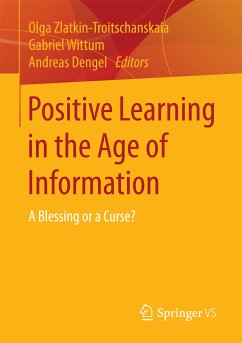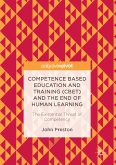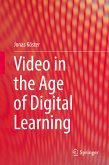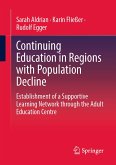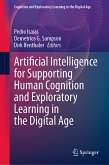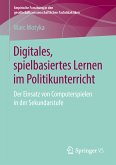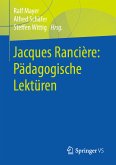Contents
Theoretical fundamentals of positive learning . Learning as an interplay between neuronal, cognitive and information structures . Learning as interaction and communication processes in formal and informal learning environments . Learning with ethics and morality . Learning with information and communication technology - impact and risk evaluation.
Target Groups
Researchers and students interested in the fundamentals of learning, from diverse disciplinary backgrounds as well as all stakeholders of public and higher education policy and practice.
The editors
Prof. Dr. Olga Zlatkin-Troitschanskaia is Chair of Business and Economics Education at Johannes Gutenberg University Mainz, Germany.
Prof. Dr. Gabriel Wittum is Head of the Goethe Center for Scientific Computing (G-CSC) at Goethe University Frankfurt am Main, Germany.
Prof. Dr. Andreas Dengel is Chair of Knowledge-Based Systems at University of Kaiserslautern and Head of the Research Department Smart Data & Knowledge Services at theGerman Research Center for Artificial Intelligence (DFKI), Germany.
Dieser Download kann aus rechtlichen Gründen nur mit Rechnungsadresse in A, B, BG, CY, CZ, D, DK, EW, E, FIN, F, GR, HR, H, IRL, I, LT, L, LR, M, NL, PL, P, R, S, SLO, SK ausgeliefert werden.

